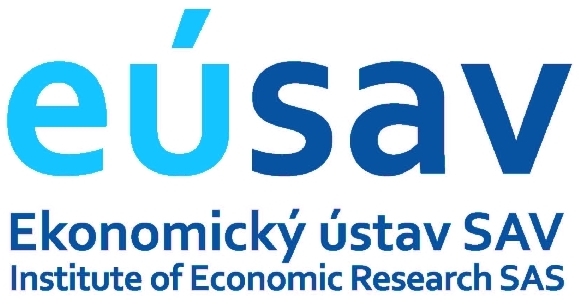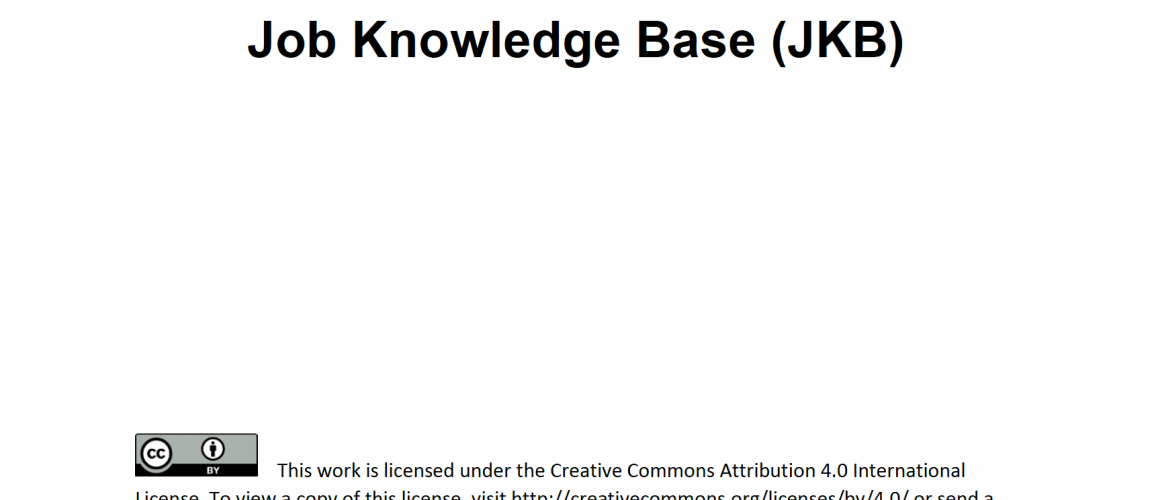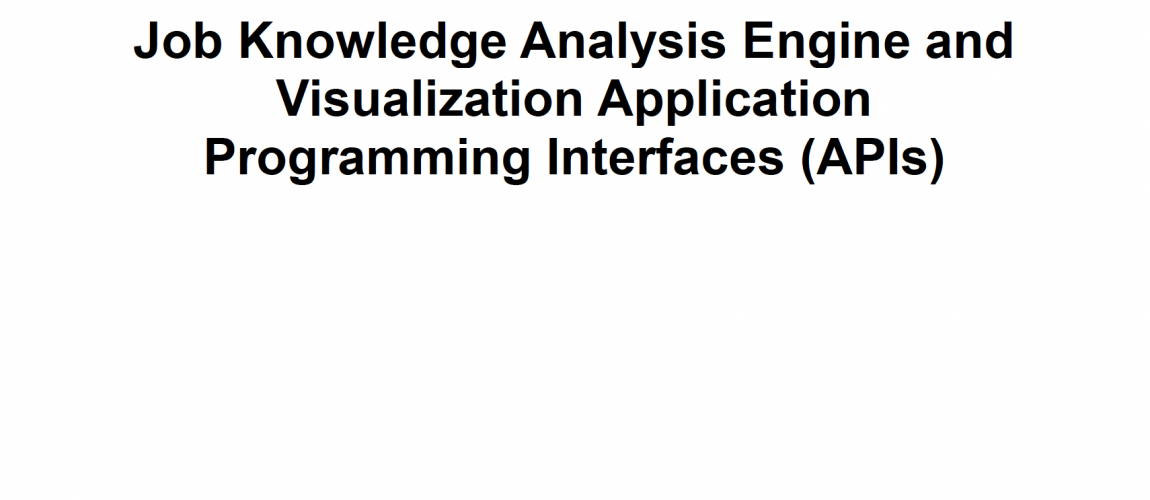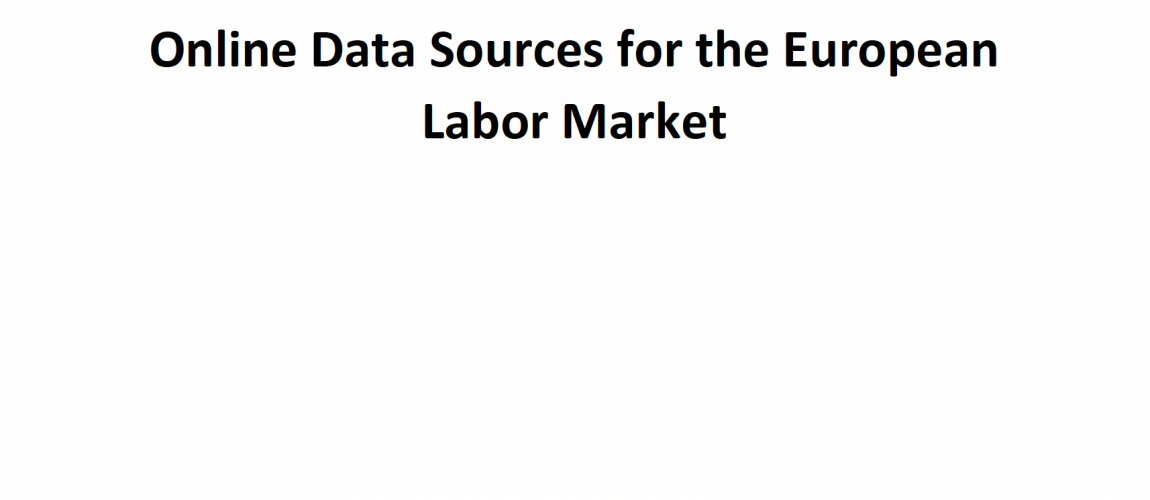
Dr. Daniel Kudenko is a research group leader at the L3S ResearchCenter, Leibniz University Hannover, Germany. Before that he was amember of the Computer Science faculty at the University of York, agroup head at JetBrains Research and professor at the Saint PetersburgNational Research Academic University of the Russian Academy ofSciences. His research interests include machine (specificallyreinforcement) learning, multi-agent systems, user modeling, andartificial intelligence for games and interactive entertainment. Withinthese areas, he published more than 130 peer-reviewed papers.








